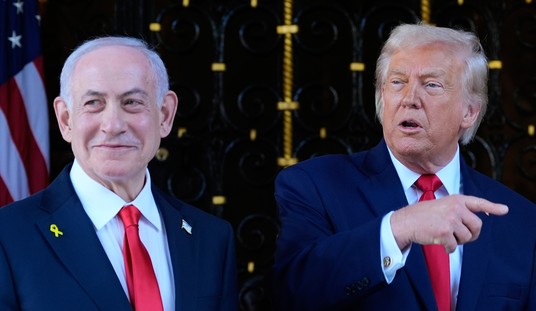Attorney General Loretta Lynch told the National Fraternal Order of Police conference today that they “are the ones who must tell the story of policing in this country — because this country needs to hear it.”
Lynch opened her remarks by noting last night’s shootout in Ferguson, Mo., in which 18-year-old Tyrone Harris was critically wounded by officers after he opened fire during a protest to mark the one-year anniversary of Michael Brown’s death.
“I strongly condemn the violence against the community, including police officers, in Ferguson. As we have seen over the recent months and years, not only does violence obscure any message of peaceful protest, it places the community, as well as the officers who seek to protect it, in harm’s way,” she said.
“The weekend’s events were peaceful and promoted a message of reconciliation and healing. But incidents of violence, such as we saw last night, are contrary to both that message, along with everything that all of us, including this group, have worked to achieve over the past year.”
More broadly, Lynch noted that “recent events in communities across the country have served as stark and tragic reminders of the tensions that exist in too many neighborhoods between law enforcement officers and the people we serve.”
“One year after the tragic events in Ferguson, Missouri, we have yet again seen the consequences for officers and residents when those tensions erupt into unrest and violence. And we know that trust is not just a benefit of good police work – it is essential to its fulfillment,” she said. “When officers and residents share a foundation of mutual trust and a reservoir of goodwill, residents are more likely to help with investigations; victims and witnesses of crime are more likely to speak up; and all of us in law enforcement are better able to assist community members when they face difficult circumstances.”
Lynch hailed a DOJ program launched last September, the National Initiative for Building Community Trust and Justice, for “advancing research that will bolster credibility, enhance procedural justice, reduce implicit bias and drive racial reconciliation.”
She hailed efforts by some police departments to build “respect and mutual understanding that makes truly extraordinary progress possible,” such as officers reading to third-graders in Cincinnati. “While I was there, I asked the students if any of them wanted to be a police officer when they got older – and every hand went up,” she said.
Lynch added that she wants “every American to share the appreciation that I have always felt for the incredible work law enforcement officers perform each and every day.”
“People who look at you and see a uniform and make assumptions – both positive and negative – will always try to tell your story for you. But no one knows your story like you do. No one else can talk about that moment when you have to decide how to defuse a situation, always aware that all may walk away alive or none, including you… We need to hear your stories so that you, too, can be truly seen and heard. But most of all we need to hear your stories so that we can say ‘thank you.'”









Join the conversation as a VIP Member